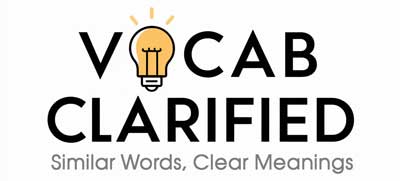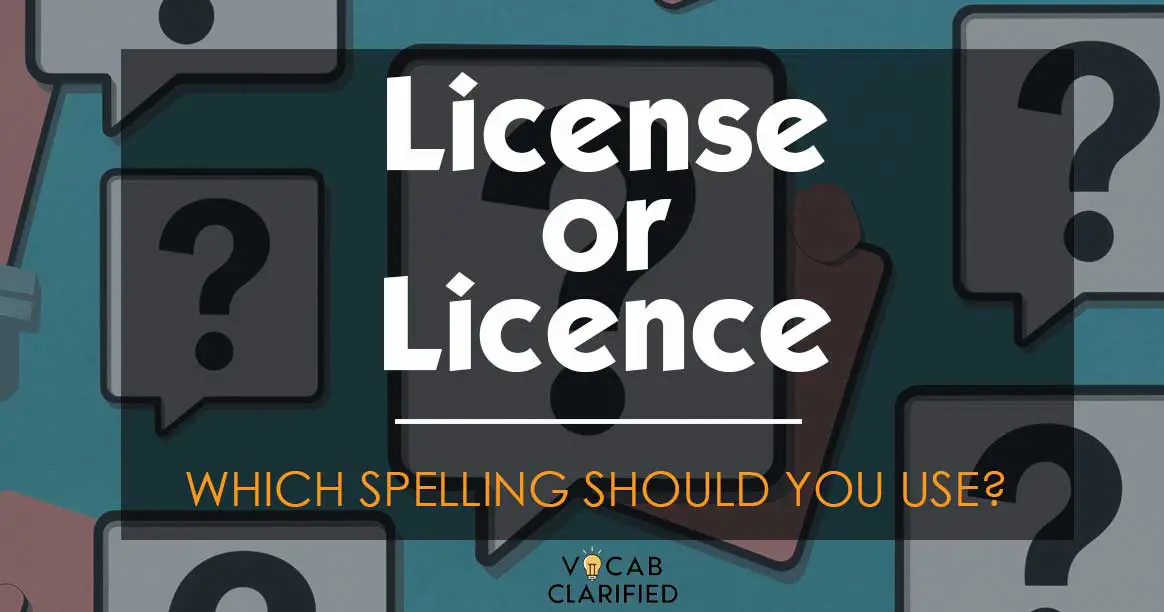You’ve just filled out an application for a driving permit or a software agreement, and now you’re wondering: is it “license” or “licence”? Both words are correct, but their usage depends on your geographical location and the context.
This article will explore the distinctions between “license” and “licence” and guide you on when to use each one.
Understanding License and Licence
License: Definition and Usage
“License” is the preferred spelling in American English, used as both a noun and a verb. As a noun, it refers to an official document or permission granted by an authority to do something. As a verb, it means to grant permission or give authority.
For example:
- As a Noun (US): He just received his driver’s license.
- As a Verb (US): The city council will license new food vendors this year.
Licence: Definition and Usage
“Licence” is the British English spelling for the noun form, while “license” remains the correct spelling for the verb.
In British English, “licence” is used when referring to the official document or permission granted.
For example:
- As a Noun (UK): She applied for a fishing licence last summer.
- As a Verb (UK): The government will license new businesses starting next month.
Side-by-Side Comparison
Here’s a side-by-side comparison to highlight the differences between “license” and “licence”:
| Aspect | License (US) | Licence (UK) |
| Definition | Noun: An official document or permission | Noun: An official document or permission |
| Verb Usage | Same spelling for noun and verb | “License” (verb) / “Licence” (noun) |
| Common Usage | “She obtained her teaching license.” | “He renewed his driving licence last week.” |
| Regional Usage | American English (both noun and verb) | British English (noun: licence, verb: license) |
When deciding between “license” and “licence,” consider your audience’s location.
If you’re writing for an American audience, use “license” for both noun and verb forms. For a British audience, use “licence” as the noun and “license” as the verb.
Everyday Usage Examples
Here are some examples to illustrate how “license” and “licence” fit into everyday language:
- American English (License): He was thrilled to finally hold his pilot’s license.
- British English (Licence): She needed a special licence to open her shop.
- American English (License): The software company decided to license its product to a third party.
- British English (Licence): His business licence was approved by the local council.
- American English (License): They had to license the new music for commercial use.
- British English (Licence): The pub’s liquor licence was up for renewal.
Conclusion
In conclusion, “license” and “licence” are both correct but serve different purposes depending on the region and context. In American English, “license” is used for both noun and verb forms. In British English, “licence” is the noun, and “license” is the verb.
Understanding this distinction will help you choose the right spelling, ensuring your writing is appropriate for your audience.

